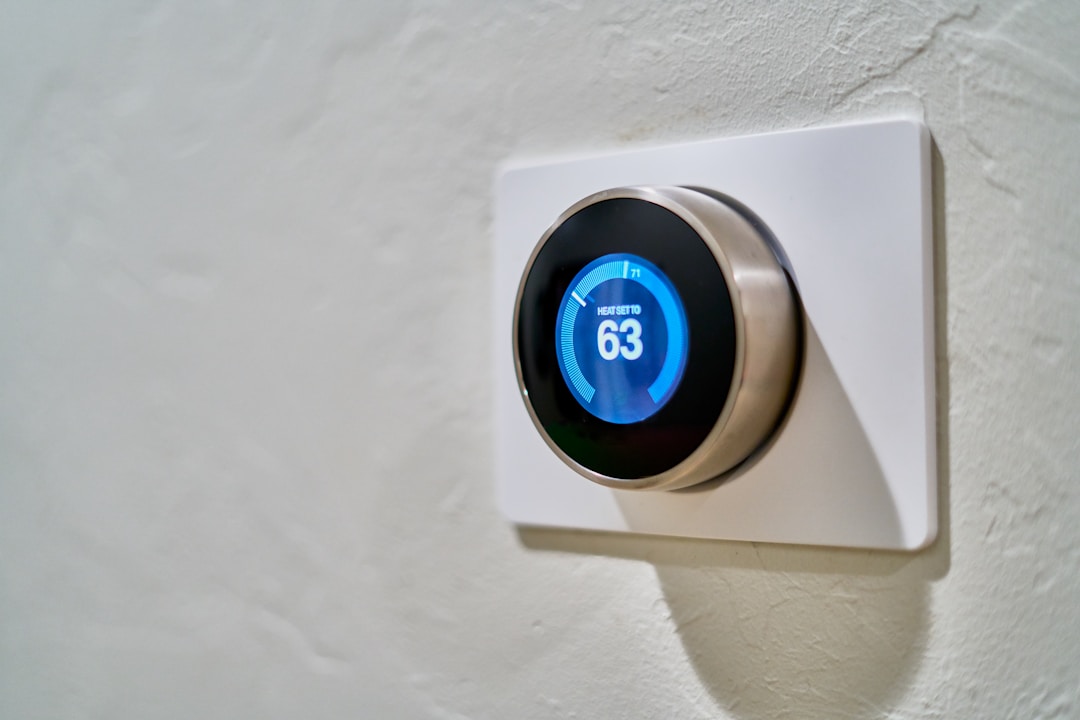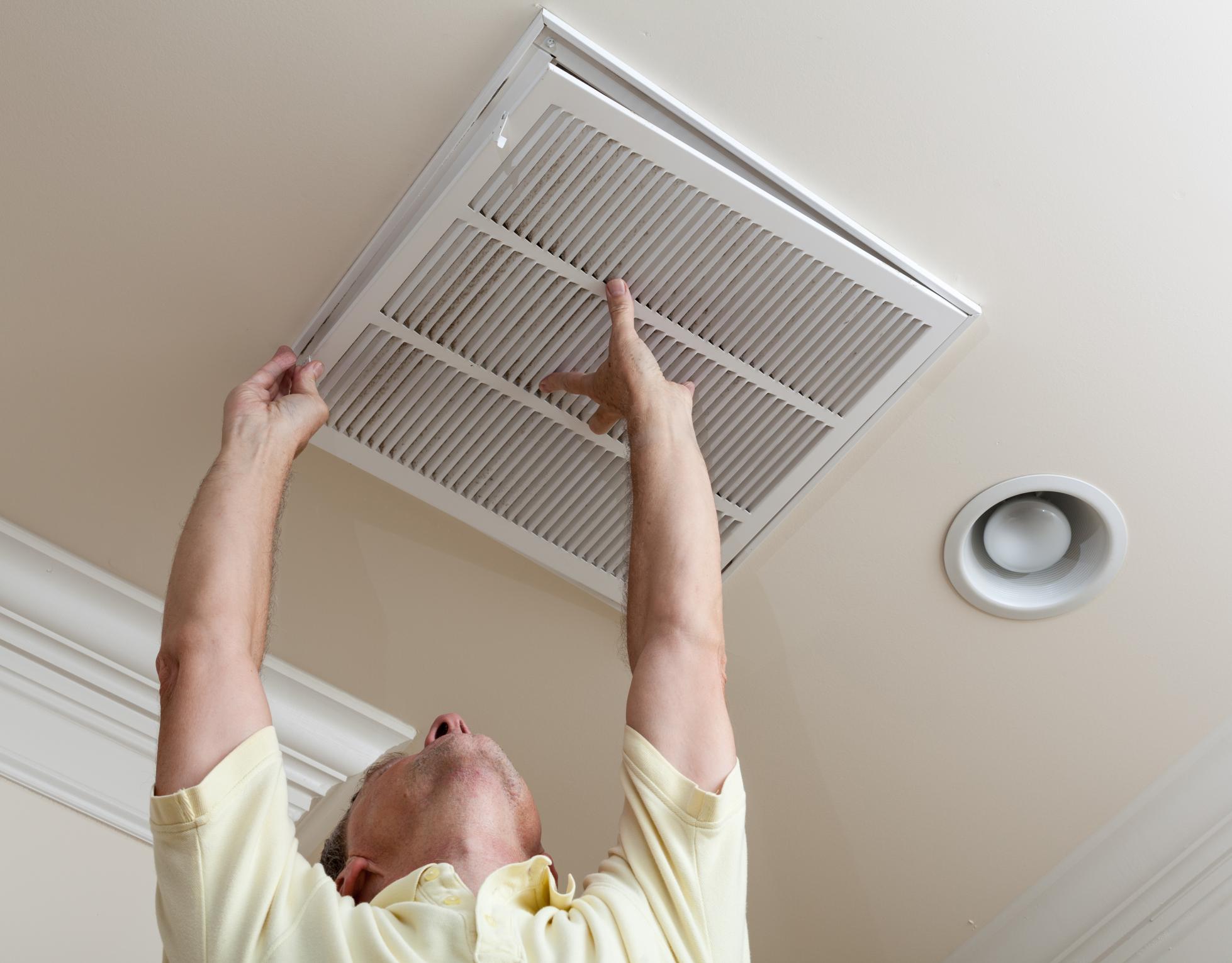A good night’s sleep is imperative for your health and mood. When you sleep, your body rejuvenates and repairs itself so that you are ready for the demands of the next day. Since your sleep quality impacts your mind, body, and overall health, there are some things that you should do to ensure that you rest well. From selecting a quality mattress to altering your eating and drinking habits, many things will help you get better sleep.
One of the things that might go overlooked when considering sleep quality is your HVAC system. However, from inconsistent temperatures and humidity to poor indoor air quality, your HVAC system can impact your sleep quality. Let’s take a closer look at how your sleep can be affected by airflow and HVAC equipment.
Inconsistent Temperatures

In many cases, studies have found that people tend to sleep better in cooler temperatures. No matter how you like to sleep, however, you must find your ideal temperature setting. Even if you find a comfortable temperature, it is up to your HVAC system to deliver consistent air all night long. If your equipment fails to maintain your ideal temperature, you may find it hard to sleep well throughout the night. Fluctuating temperatures can make it hard for you to fall asleep or stay asleep.
There could be numerous reasons why your system produces inconsistent temperatures that keep you awake at night. From leaky ductwork or a faulty thermostat to decreased efficiency, uneven home temperatures are caused by several things. If you are having problems falling asleep or sleeping through the night because of the temperature in your home, you should contact an HVAC professional. A routine maintenance appointment will allow a technician to inspect your equipment and diagnose any problems with inconsistent temperatures.
Uncomfortable Humidity Levels
If humidity levels are too high or low in your home, you could feel uncomfortable, and it might affect your ability to get a good night’s rest. If the humidity is too high, you might toss and turn because of stuffy or sticky conditions. However, if you have a low humidity level, it could make you feel dry and itchy. An older HVAC system or equipment that isn’t the right size for your home could cause problems with the humidity level in your home.
If your HVAC is struggling to maintain an appropriate humidity level in your home, it could require service or even replacement. On average, your HVAC system should last around 20 years. If you find that you are nearing the 20-year mark and begin experiencing problems with humidity, it could mean that your aging equipment isn’t running efficiently anymore. An HVAC technician can help you find solutions for your humidity issues. They might recommend routine maintenance or a system upgrade. You might also consider a humidifier or dehumidifier, depending on the conditions in your home.
Poor Indoor Air Quality

Poor indoor air quality is also another HVAC-related issue that could interfere with your quality of sleep. Pet dander, dirt, pollen, dust, and other allergens can cause eye irritation, cough, sore throat, headaches, and other issues that could keep you awake at night. Your air filter is the first line of defense in trapping allergens and pollutants before they circulate your home. It is imperative that you change air filters regularly to help with your indoor air quality.
If you are experiencing sleep issues related to poor air quality, you may need to look beyond your system’s air filters. An HVAC professional can thoroughly clean your equipment and ductwork to reduce the risk of airborne particles blowing through your ventilation system. Additionally, you might also consider whole-home air purifiers to improve air quality.
Doctors and scientists alike have long touted the benefits of a good night’s sleep. If you think that your HVAC is causing problems that are interfering with your ability to rest, you should consult a professional technician.
Throughout the year, our writers feature fresh, in-depth, and relevant information for our audience of 40,000+ healthcare leaders and professionals. As a healthcare business publication, we cover and cherish our relationship with the entire health care industry including administrators, nurses, physicians, physical therapists, pharmacists, and more. We cover a broad spectrum from hospitals to medical offices to outpatient services to eye surgery centers to university settings. We focus on rehabilitation, nursing homes, home care, hospice as well as men’s health, women’s heath, and pediatrics.







